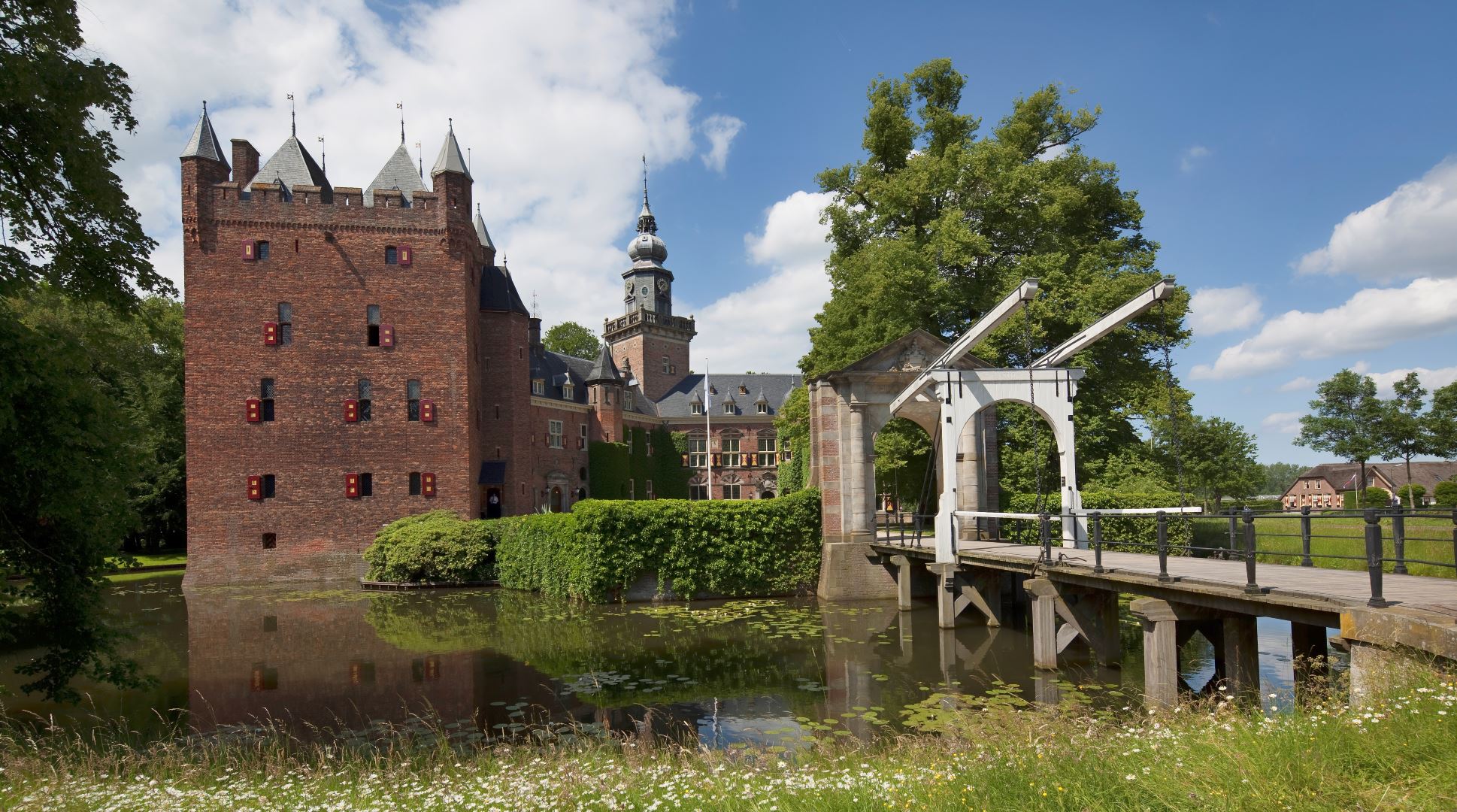When dealing with major social issues, an entrepreneurial mindset is essential. This is the conviction of Henk Kievit, Professor of Entrepreneurship & Ecosystems, which he addressed in his inaugural speech. The findings of his research provide insight into the mentality that is required to realize innovative and sustainable solutions. “By focusing on collaboration with multiple parties, organizations contribute to a resilient and future-proof society.”
Major issues require a different approach
Kievit emphasizes that the magnitude of some of the issues is so great that they transcend individual organizations. That is why Kievit’s research focuses on organizations that have a shared issue. These are often issues in which commercial companies, knowledge institutions and governments have a role to play. These organizations operate within the same ecosystem and need to start acting differently to address the issue, which often requires a different way of thinking. A good example is the energy transition. “Social, economic and technological developments are necessary. But for this to work properly, companies, institutions and governments must be flexible, which places strong demands on entrepreneurial skills of all working people.”
Social value creation through collective shared entrepreneurship
In ecosystems in which companies, institutions and governments work together, social, multiple value creation is central. This goes beyond the traditional win-win situation. “It is not about individual entrepreneurs, but about collective entrepreneurship within networks of organizations working on joint solutions towards a shared mission.”
New type of entrepreneurship
The rise of corporate social responsibility calls for a new type of entrepreneurship that focuses on the conscious pursuit of social welfare as a positive effect. However, this is not sufficient for the current transitions, such as the energy and protein transition. “It requires an 'entrepreneurial mindset'. A mentality that stimulates entrepreneurship in an ecosystem collaboration, by taking initiatives, seeing opportunities and having a proactive attitude aimed at innovative solutions and assessing risks.”
Lessons for the future learned from the past
Kievit points out the success of past collaborations, such as those in the agricultural sector. “The Netherlands had a strong agricultural ecosystem in which various institutions, entrepreneurs and information services worked together to share knowledge in research, information and education and to develop the sector innovatively and through strong entrepreneurship. The current agricultural transition is hampered, because institutions such as the agricultural information service have been abolished and there are no good alternatives available. This has led to fragmentation in the sector and reduced power due to lack of cooperation. It requires an area-based approach.” Kievit believes that buying out farmers or introducing strict laws is not an adequate approach to the existing long-term challenges. Instead, he advocates setting up an 'Authority for Agriculture in the Natural Environment' with a benchmark system for air, soil and water. “An enterprising ecosystem approach with all parties involved, stimulating agricultural entrepreneurs in their craftsmanship to contribute to future-proof agriculture while retaining innovative power.
Documents
-
Publication date 5/30/2023File size 784 KB

